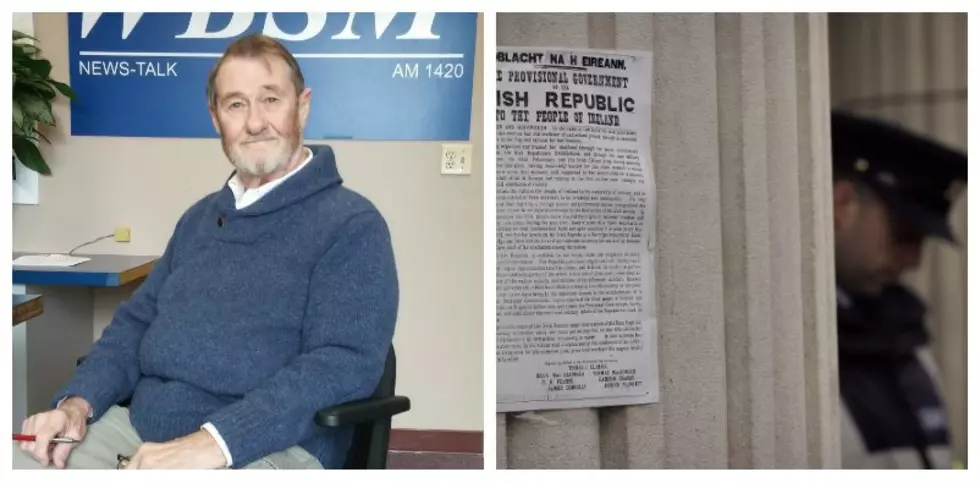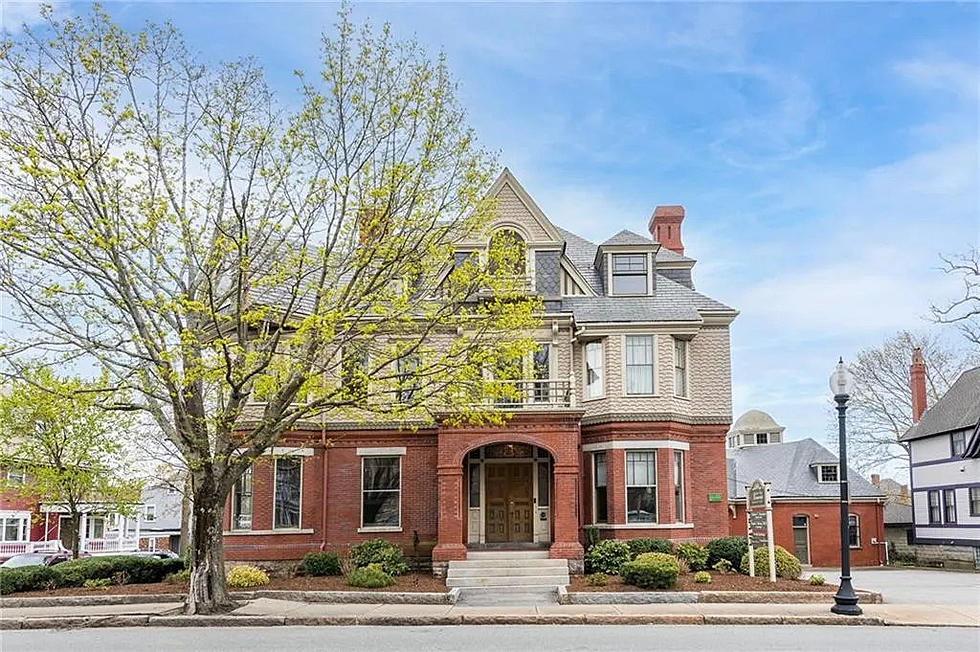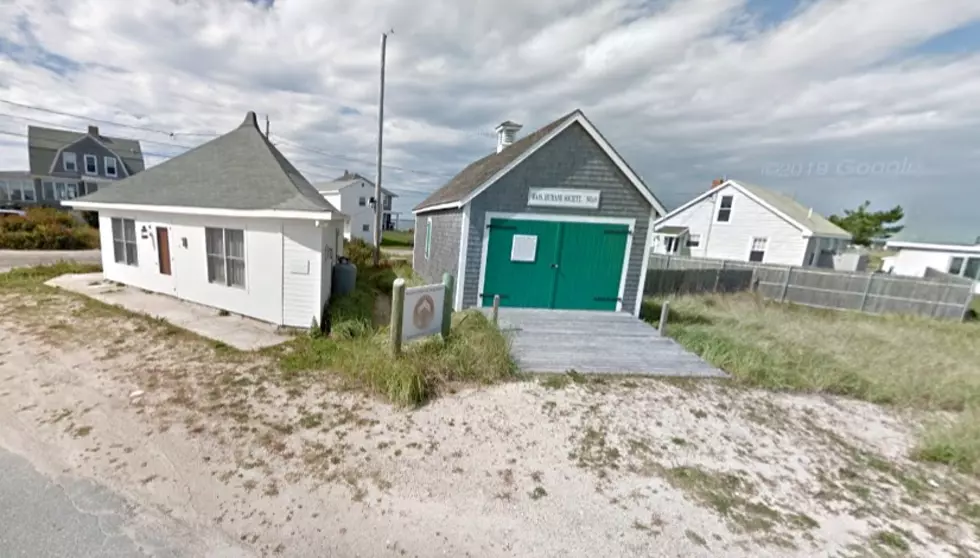
Irish Remember Easter Rebellion On St. Patrick’s Day
St. Patricks Day is being observed by Irish across the world and here on the Southcoast.
This year's observances hold a special signifigance as it falls on same year as the 100th Anniversary of the Easter Rebellion.
While the event is now viewed by many as the beginning of Ireland's ultimately succesful war for Independence from Great Britain, Paul Meagher, of the Friendly Sons of St. Patrick told WBSM's Phil Paleologos that the residents of Dublin, and Ireland as a whole, were at first opposed to rebellion.
However, the execution of the rebellion's leaders, and other incidents, created sympathy for the rebels.
"A great many of them had sons serving in the British army, in France in the trenches, they believed that England would grant them Home Rule at the end of the war," said Meagher "that didn't happen and the opinion of the people, following the savagery of the executions particularly, swung around and they began to fall in behind the nationalist movement."
Meagher says Winston Churchill, a man who has been lionized for his leadership of Great Britain during World War II, was one of the most strident opponents of Ireland's independence movement and among the loudest voices calling for harsh punishment for the captured rebels.
"Winston Churchill was among those most opposed to the Irish Rebellion," said Meagher "he was a great man, no denying that, and he was the savior of England during World War II, but he had a major distaste for the Irish."
Over time recent actions, such as an apology by Queen Elizabeth II for past abuses by the British Empire toward the Irish people during a 2011 visit to Dublin, have helped to improve relations between the two nations.
However, Meagher says that, as long as Northern Ireland remains under British occupation, tensions will remain.
"I would say that present day relations between England and Ireland are as good as they've been for 1,000 years, better than they've been at any point during that time" said Meagher "but Ireland still has six counties in the northeast of the country that are under British rule and it will never be entirely at peace until that's resolved."
More From WBSM-AM/AM 1420









